Latest Articles
See all
-
Repat Story15.10.2024A few years ago, well before healthy lifestyles, good nutrition, and sugar-free snacks became trendy, I was at a co-working space when my table neighbor offered me some sugar-free dried fruits. I discovered they were made by a young man named Artem, sitting at another desk nearby.
-
Armenian by Choice30.09.2024In the rapidly evolving world of technology, professionals are often driven by the desire to explore new horizons, both in their careers and in their personal lives. Rohan Singh, a Senior Cloud Infrastructure Engineer at SADA - an Insight Company, exemplifies this spirit of exploration.
-
Repat Story22.09.2024“I was born in Yerevan and went to school here until I was 13. Then, my family moved to Odesa, Ukraine, because of my dad’s job. That’s where I graduated from a medical university,” Ani begins.
-
Repat Story16.09.2024Meet Artur Gasparyan. He is a repatriate from Russia and a standout graduate of the Birthright Armenia program. After moving from Moscow to Armenia post-2018 revolution, Artur quickly became one of the most popular young repatriates thanks to his engaging blog and the launch of the KIDO children’s center in Gyumri.
-
Repat Story03.09.2024It's quite improbable that this article will ever be read by any member of System Of a Down rock group, but at least to our readers today we’d like to tell about a story of how one single song of ethnic Armenian musicians changed the whole life of one girl, living back then in Moscow.
-
Repat Story26.08.2024Imagine Armenia as a hub of sailing – a concept that once seemed purely fictional.

Repatriation Guide (EN, RU, FR)
2024 IN NUMBERS
-
 12,428Members of Armenian Repatriates Network
12,428Members of Armenian Repatriates Network -
 476Repatriation and Integration Requests
476Repatriation and Integration Requests -
 28Networking and Integration Events
28Networking and Integration Events -
 94,934
Social Media Followers
94,934
Social Media Followers -
 700Engage Armenia Forum Attendees
700Engage Armenia Forum Attendees -
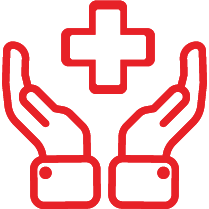 140Health Insurance Package Members
140Health Insurance Package Members -
 150Armenian Language Course Participants
150Armenian Language Course Participants -
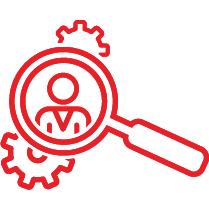 102,229Website Users
102,229Website Users
-webp(85)-o(jpg).webp?token=2f6215188e9efd5fd9314ec691d0898f)
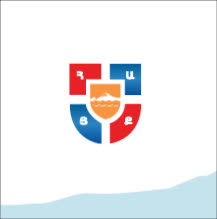
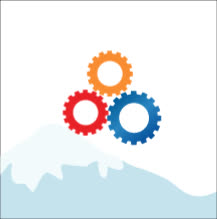
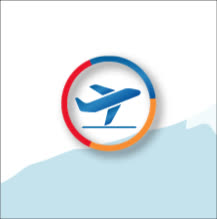



-webp(85)-o(jpg).webp?token=4c19e4ec5983e24219df3b1ad171e490)
-webp(85)-o(jpg).webp?token=3f3a7b15c22e4315b96f758640a837f0)
-webp(85)-o(jpg).webp?token=89764102dbaf2dc5303d71f019cf6868)
-webp(85)-o(jpg).webp?token=f7562bfbd1814c95cef3ff00d0996a3c)
-webp(85)-o(jpg).webp?token=16eff1d6d15829bb3cced68bf84354b5)
-webp(85)-o(jpg).webp?token=38f6866efac3a7ac51f29f8781b819b3)
-webp(85)-o(jpg).webp?token=1c6afa68191ac133eb2205df7366fb76)
 Download English version
Download English version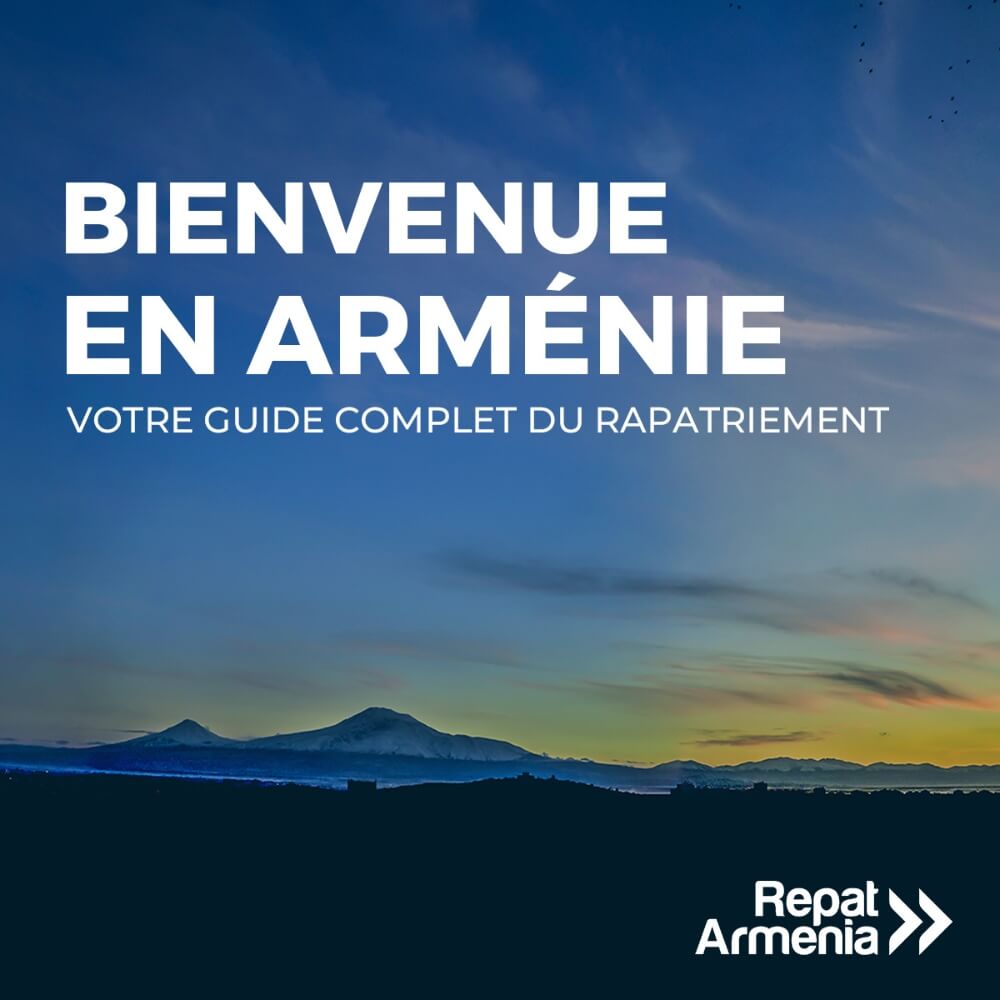 Download French version
Download French version Download Russian version
Download Russian version